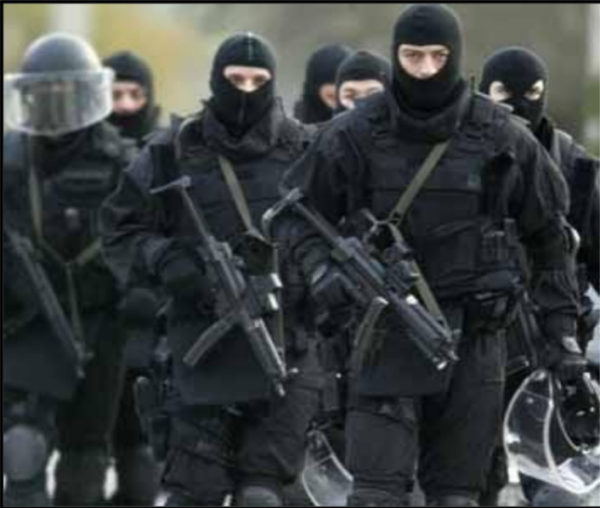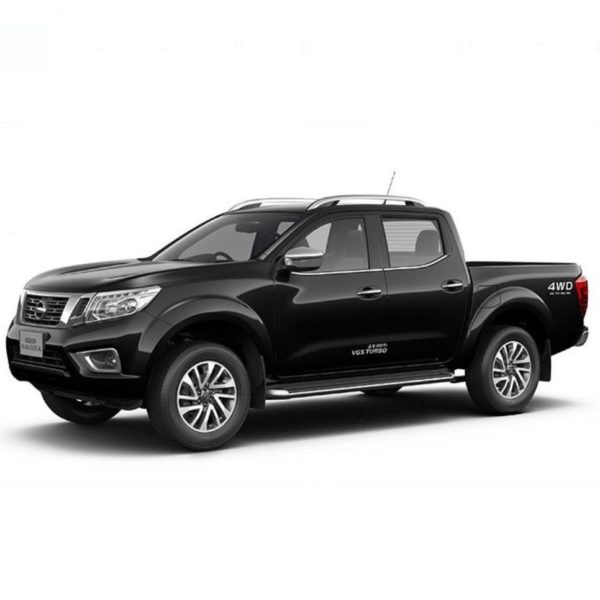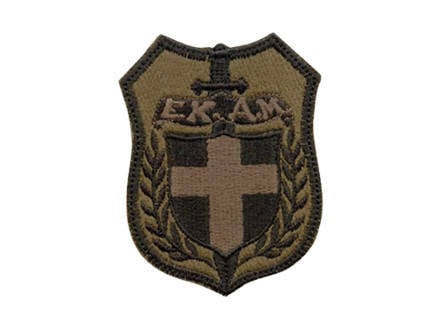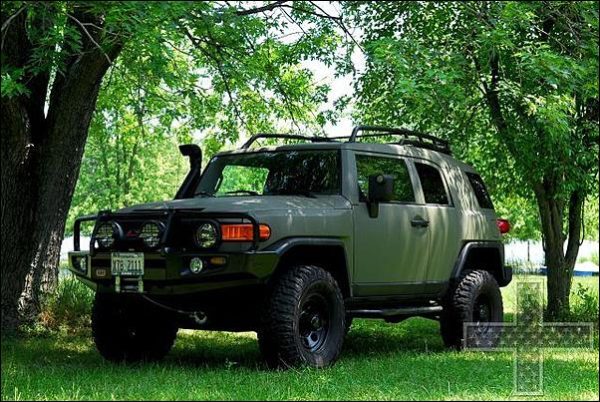On March 13th, 2022 around 9 p.m. the respondent and about 60 other people on the move (POM) were pushed back from Palea Sagini, Greece to somewhere close to Doyran, Turkey.
The respondent is a 24-year-old Syrian man. He was part of a transit group consisting of seven people, of whom six were from Syria and one was from Morocco, their ages ranging from 22 to 30 years old.
The transit group crossed the river at around 7 p.m. on March 9th. After arriving in Greek territory they continued walking for five hours until they arrived at a forest close to Gianoulli, at around 2 a.m. of March 10th, where they decided to rest. The group then decided to stay in hiding in the small forest for the day and keep travelling by night.
On the evening of March 10th, the transit group decided to continue their journey. They walked for three nights until they got apprehended on March 13th, at around 2 p.m. close to the village of Kechros, where they had been resting.
The respondent recounted:
“We were hiding in small forest near to Kechros where we heard the mosque call for prayer. We were surprised and happy thinking maybe we can get help because we needed some food and water. We thought about sending one of us there and tried to figure out who can go and get us supplies for the road – later when it gets dark, before we continue walking.”
While they waited for night fall, the transit group were suddenly surrounded by six men in uniforms, of which two wore black bulletproof uniforms without any writing or logo. According to the respondent, the uniforms looked like the ones in Image 1.

Image 1: Officers in EKAM uniforms – the respondent clarified that the uniforms looked similar, including the firearms, but without any balaclavas.
The other four men wore blue long-sleeved uniforms with “police” written on the left chest and a logo on the left arm, recognised by the respondent as Greek Border Guard uniforms.
According to the respondent, The men in uniforms arrived in two vehicles. One of them was a black Nissan Navara Pick-Up that it had “police” written on its side and had a badge consisting of a “a cross in yellow inside a logo” on it, which the the respondent confirmed to match the vehicle in Image 2. The respondent described that it had “police” written on its side and carried a badge, consisting of a “a cross in yellow inside a logo” . The respondent also identified the logo to resemble the old EKAM logo seen in Image 2.1.
The other vehicle was an unmarked, olive green Toyota Land Cruiser, identified by the respondent in Image 3.

Image 2: Black Nissan Navara Pick-Up

Image 2.1: Logo of EKAM special forces

Image 3: Unmarked, olive green Toyota Land Cruiser
Reportedly, the uniformed men carried multiple fire arms each.
According to the respondent, when the transit group was caught by the six uniformed men, the men threatened them with firearms “to not make any move”. They reportedly kicked and beat everyone with plastic batons for about one minute each. Afterwards, the transit group were made to collect their belongings and walk to the parked cars where they were asked to sit down. There, the group was kicked again on their shoulders by the uniformed men and their phones were taken from them, recounted the respondent. Their belongings were never returned. Then one of the uniformed men took a photograph of the whole group, and the respondent believes the photograph was taken with an official phone as it carried the logo of the European Union on the back.
Then they were asked by the uniformed men about their nationalities, how they crossed the border. The respondent and the rest of transit group replied truthfully. The men in uniform spoke Greek amongst each other and English to the transit group, recalled the respondent. After 20 minutes a white, unmarked van, arrived at the scene of apprehension, and the entire transit group were loaded in its trunk.
According to the respondent, they drove for around two hours mainly on paved roads and the driving was described as fast and reckless. At around 5 p.m. the group arrived at the detention site. The building was described as a “first floor building [with] white coloured walls and a Greece flag on the fence surrounding the building. There was a small yard in front of the entrance and civil houses close to it.” Reportedly, the site was located in an area dominated by forests and and a few domestic houses. The described Greek flag was the only sign showing it could be an “official” building, stated the respondent.
At the detention site, there were five more uniformed men in sage green uniforms with yellow stripes on the left upper chest and a blue logo on the sleeve, and writing on the back.
Inside the detention site, the group was lined up and two uniformed men put on plastic gloves and started to search everyone, described the respondent. They had to strip completely naked and each person was searched individually for about five minutes, after which the officers confiscated everyone’s personal belongings and bags.The group were given back only pants, shirts and shoes except for one person and the shoes of one person. At this point, the money they carried was also returned.
Subsequently the group was put in a cell measuring 6 x 5 metres, described by the respondent as having “small window and four metal bunk beds without mattresses, dirty ground and a nasty smell. It consisted of three walls, old and dirty, and a big metal bar door”. Inside the cell the respondent found around 53 other persons detained. Including his transit group, there were about 60 people in the cell of Syrian, Moroccan, Algerian, Yemeni, Afghan and Iraqi nationality. They were mainly male, but three women (including one pregnant women), and 13 minors, of whom 11 were unaccompanied, were also present in the cell. The age ranged from 10 to 50 years.
While being inside the detention site, no food or water was offered during this time and the respondent recounted: “Even though we just asked for some water for the kids and the pregnant women the uniformed men screamed at us. They told us: ‘If you don’t stop making noise we will kill you all!’”
Medical help was not offered, nor was a translator present at the detention site, recalled the respondent.
The group were not asked to sign any papers, nor were photos or fingerprints taken.
The respondent and his transit group were detained for about three hours. After that, nine men, six of them wearing “civilian clothes and balaclavas”, and three of them wearing the same sage green uniforms aforementioned, arrived to the detention site and loaded the transit group into the trunks of two white, unmarked big Mercedes vans. The respondent remembered that at least one of them had a Greek license plate.
Around 30 – 40 people were loaded into the 2 x 3 meter-sized trunks of the vans, described the respondent. Reportedly, it was hard to breathe as the trunk was extremely crowded. There was a pregnant woman which was separated from her husband loaded into the same van as the respondent which everyone inside the can tried to take care of. He described the 20-minute-long drive as “so reckless” and the respondent could not to see outside.
The respondent described how the the vans arrived at a river inside a big forest where the lights of a village on the Turkish side of the river visible. Both vans were brought to the same place. There, eight more men wearing civilian clothes and four more men wearing the aforementioned sage green uniforms, were present. The ones in civilian clothing carried tree branches as weapons and spoke Arabic and Kurdish amongst each other and to the transit group,the respondent said: “not [to] make a sound, [to] stay in line and especially to give all our money and everything we hide or have in our pockets before they figure it out when they search us. Otherwise we would get in trouble.”
Subsequently everyone was searched again, also the minors and the women, by male officers.
The respondent recounted that the husband of the pregnant women, whom she had been separated from earlier, was looking for his wife and did not follow the orders of the uniformed men. He got beaten up with tree branches and was kicked for 15 minutes while his wife cried out loud and was shouted at by the men in uniform, recalled the respondent.
The respondent was also hit with a branch on his back.
At the riverside, there was a black paddle rubber boat with a white interior already prepared and the transit group was pushed back over the river and taken to Turkish territory in groups of six, with two men in authority steering the boat.
The entire push back, including everyone present at the river, took about 30 minutes. It occurred at around 9 p.m. on March 13th, 2022, close to the village of Doyran.
The respondent recalled he expressed his intention to claim asylum when he was detained by the men wearing sage green uniforms, but was ignored.
